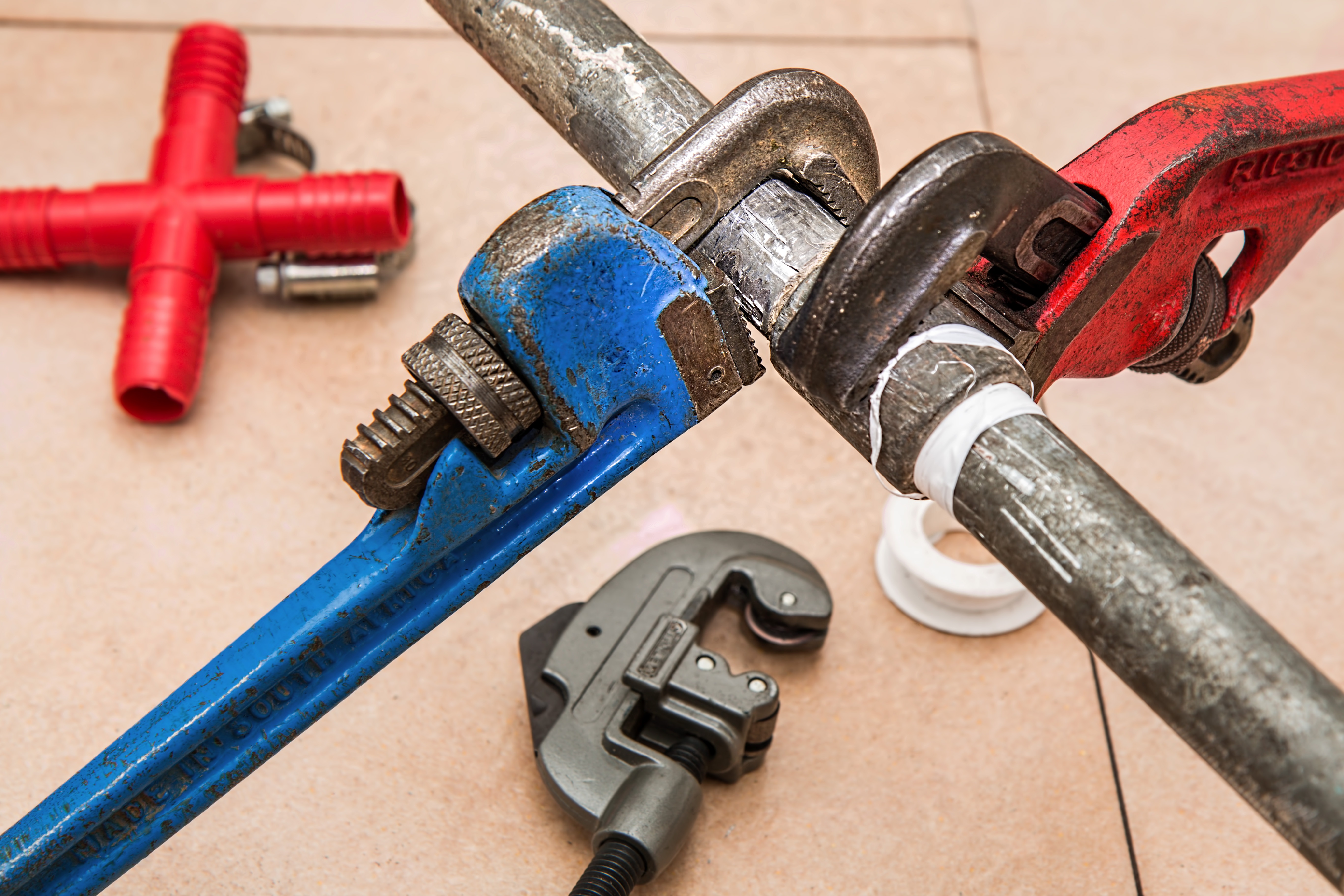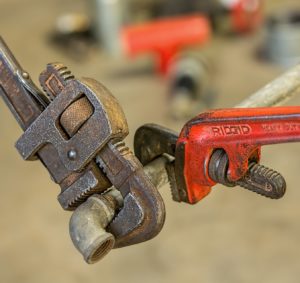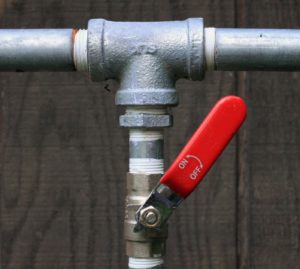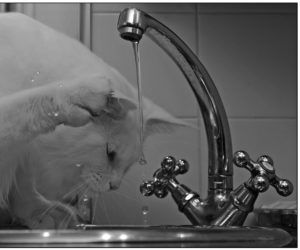The Role of Ventilation in Home Plumbing

When we think of home plumbing, pipes, faucets, and drains, often come to mind. However, another crucial element that plays a vital role in ensuring the proper functioning of your plumbing system: ventilation. Ventilation is an often-overlooked aspect of plumbing that serves essential purposes in maintaining a healthy and efficient plumbing system. However, you can avoid the hassle if you have access to professional plumbing services or their site. In this article, we’ll explore the significance of ventilation in home plumbing, its functions, and its impact on the overall well-being of your household.
Understanding Plumbing Ventilation
Plumbing ventilation refers to pipes, vents, and air pathways designed to facilitate the proper flow of air within your plumbing system. It works with drainpipes to ensure water and waste move smoothly through the pipes, prevent sewer gases from entering your home, and maintain balanced pressure within the plumbing system.
Preventing Drainage Issues
The primary function of plumbing ventilation is to prevent drainage issues by allowing air to enter the plumbing system. As water flows down drainpipes, it creates a vacuum that can impede the flow and lead to slow draining or gurgling sounds. Ventilation pipes provide a channel for air to enter the system, equalizing pressure and ensuring a smooth water flow.
Avoiding Trap Siphoning
Plumbing traps, such as the U-shaped bends in sink and toilet drainpipes, are designed to hold water and create a barrier that prevents sewer gases from entering your home. Without proper ventilation, draining water can create a vacuum that siphons the water out of these traps, allowing unpleasant odors and harmful gases to enter your living space. Ventilation ensures that traps remain effective and prevent the backflow of gases.
Preventing Water Hammer
Water hammer, characterized by loud banging or clanging noises when water is turned off abruptly, can occur when water flow is suddenly stopped. Proper ventilation helps alleviate water hammer by allowing air to enter the plumbing system, cushioning the force of the moving water and reducing the impact when valves are closed.
Balancing Pressure

Plumbing ventilation helps maintain balanced pressure within the plumbing system. When air is properly vented, water can flow freely without encountering resistance caused by pressure fluctuations. It ensures consistent water flow and prevents slow draining, backups, and reduced water pressure.
Reducing Corrosion and Moisture
Inadequate ventilation can lead to excess moisture buildup within the plumbing system. Moisture can contribute to corrosion of pipes and fixtures over time, potentially leading to leaks and costly repairs. Proper ventilation helps mitigate moisture accumulation and prolongs the lifespan of your plumbing components.
Ensuring Health and Safety
Effective plumbing ventilation is essential for protecting the health and safety of your household. By preventing the entry of sewer gases, such as methane and hydrogen sulfide, into your living space, ventilation contributes to indoor air quality and prevents potential health hazards.
Choosing Professional Services
Plumbing ventilation requires proper design, installation, and maintenance to ensure its effectiveness. Professional plumbers have the expertise to assess your home’s plumbing system, identify ventilation needs, and install or repair ventilation components.
Ventilation is a critical yet often underestimated aspect of home plumbing. It plays a multifaceted role in maintaining proper drainage, preventing sewer gas intrusion, balancing pressure, and ensuring your plumbing system’s overall functionality and health. Adequate plumbing ventilation contributes to efficient water flow, minimizes the risk of drainage issues and water hammers, and protects the well-being of your household. By understanding the importance of ventilation and enlisting the expertise of professional plumbers, you can ensure that your home’s plumbing operates smoothly and effectively for years to come.…


 Calling a plumbing company to do a regular audit is your best option to prevent any plumbing issues from happening. But plumbers come with varieties of expertise. Some are qualified in resolving water issues only, while some others can deal with both gas and water problems. Usually, a company’s service depends on their equipment grade.
Calling a plumbing company to do a regular audit is your best option to prevent any plumbing issues from happening. But plumbers come with varieties of expertise. Some are qualified in resolving water issues only, while some others can deal with both gas and water problems. Usually, a company’s service depends on their equipment grade. Pipes are vulnerable to break if exposed to a drastic temperature change. Pipe burst is frequent during winter. Not only does it disrupt your comfort but also causes unnecessary repair cost. And the preventive solution to such damage is pipe insulation.
Pipes are vulnerable to break if exposed to a drastic temperature change. Pipe burst is frequent during winter. Not only does it disrupt your comfort but also causes unnecessary repair cost. And the preventive solution to such damage is pipe insulation. Hard water corrodes, builds limescale inside the pipes, is harmful to our health, and stains the sinks, faucets, and ceramic flooring. A faucet filter may seem like a quick solution as it allows you to drink and use limescale-free water immediately. But sooner or later, your water pipes will get clogged by the mineral deposit buildups, which either stops the water flow or significantly reduces the water pressure.
Hard water corrodes, builds limescale inside the pipes, is harmful to our health, and stains the sinks, faucets, and ceramic flooring. A faucet filter may seem like a quick solution as it allows you to drink and use limescale-free water immediately. But sooner or later, your water pipes will get clogged by the mineral deposit buildups, which either stops the water flow or significantly reduces the water pressure.

